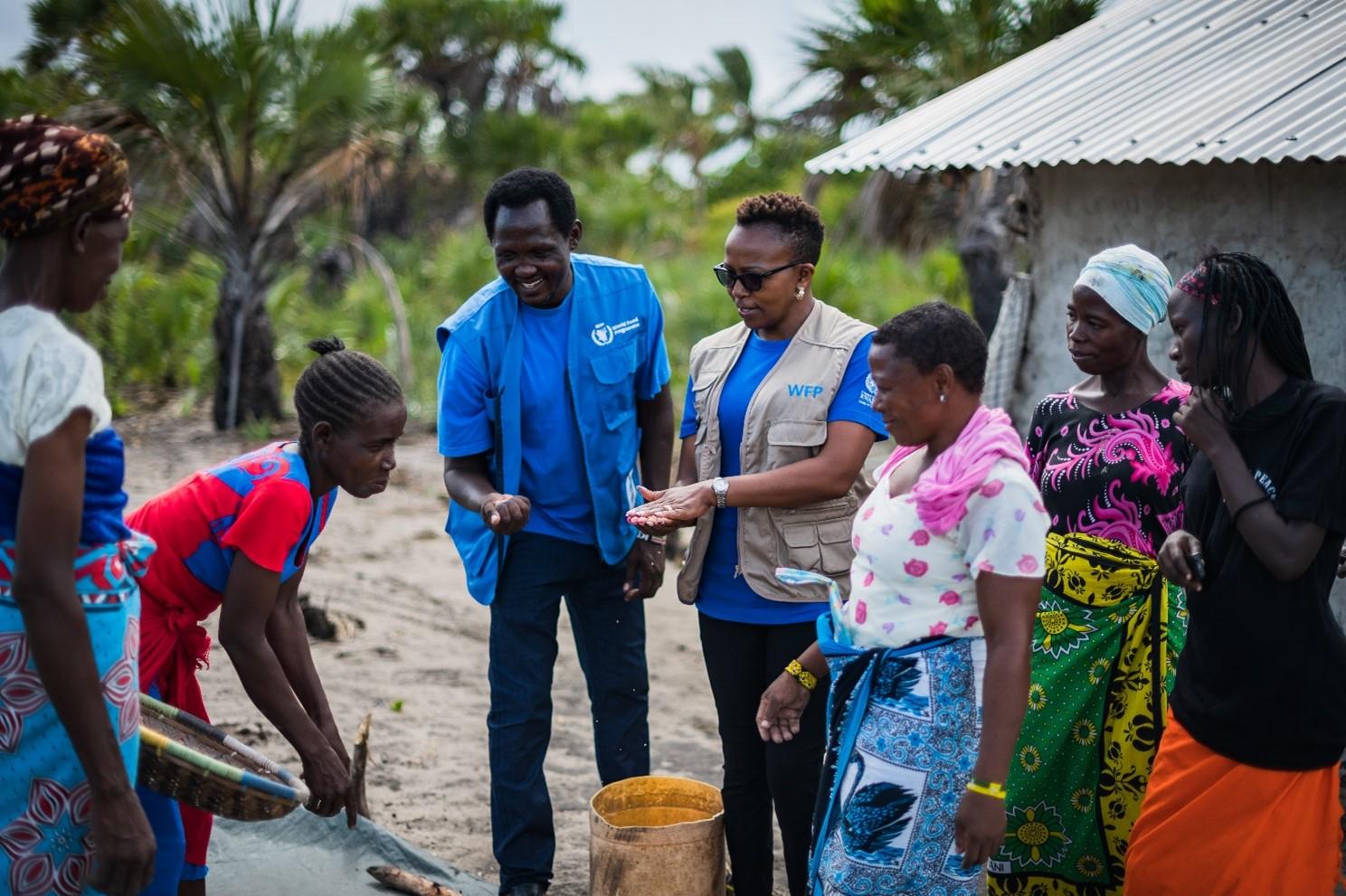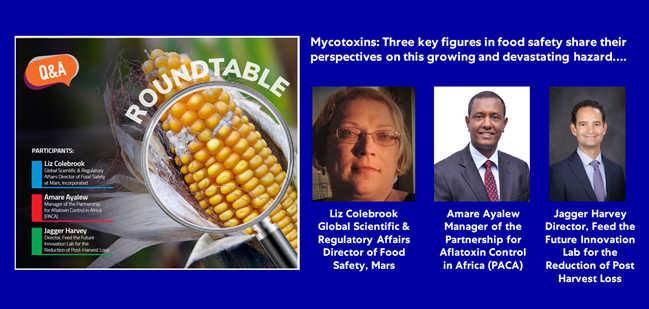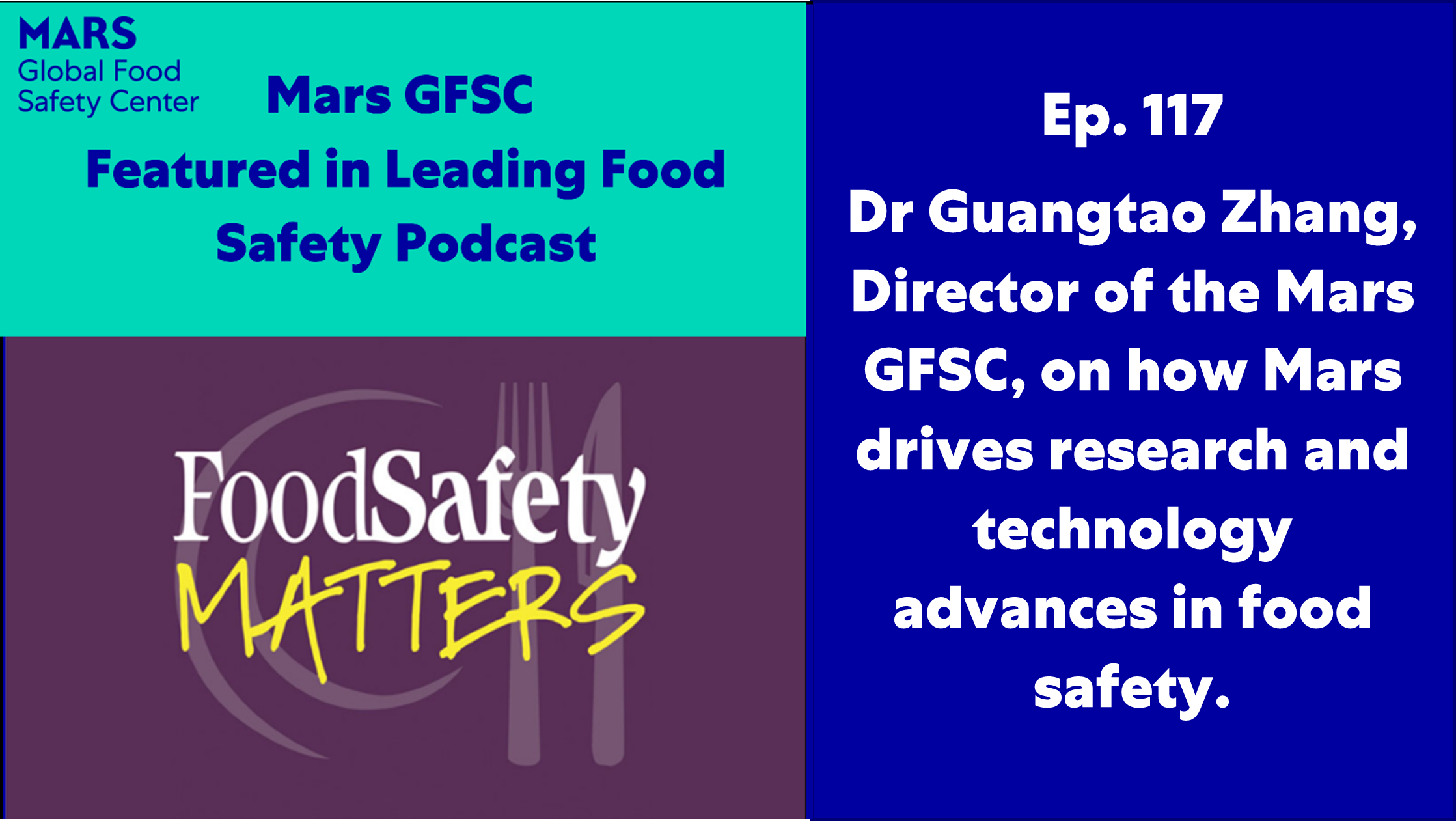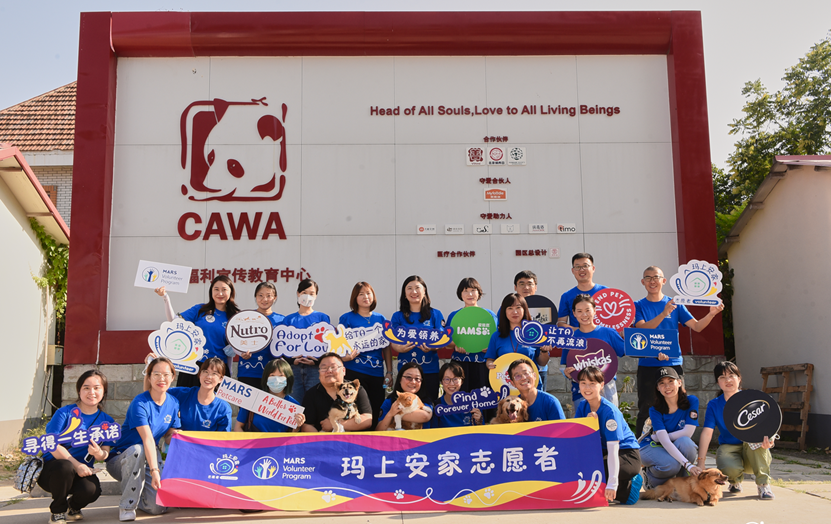NATESC and Mars Inc. organized a training session to teach attendees from various countries about sustainable development of agriculture.
Beijing, August 1, 2019 (Cision PR Newswire) - Yesterday, the National Agro-Technical Extension and Service Center (NATESC) and the Mars Global Food Safety Center, located in Huairou, Beijing, jointly organized a foreign-aid training event, including a crop seed production and management seminar and an agricultural biotechnology application seminar, to share China's policies, practices and experience. Over 40 agriculture experts attended from all over the world. The event brought together Sun Zhao, Foreign Aid Training Coordinator of NATESC; Dr. Zhang Guangtao, Chief Scientist of Mars Global Food Safety Center; Dr. Zhao Yueju, Senior R&D Manager of Mars Global Food Safety Center; Dr. Qin Xue, Senior Technical Manager of Mars Wrigley China; Yu Di, Senior Strategic Procurement Manager, and agriculture experts from various countries to discuss present day cooperation and to promote future agricultural development.
In recent years, China has developed rapidly in fields such as seed production and biotechnology, and has consolidated a range of generally applicable, advanced agriculture production technologies and concepts. As an important actor in the dissemination of agriculture planting technologies, NATESC continues to promote international cooperation and exchange, helping drive agricultural development that can benefit all. Upholding its "mutuality" principle, Mars Inc. has been supportive of the initiatives of NATESC over many years and took an active role in organizing this training event.
At the training venue, Dr. Zhang Guangtao opened the event by welcoming experts from the industry. Next, Dr. Zhao Yueju, Dr. Qin Xue, and Yu Di explained the status of and the policies governing China’s seed and biotechnology industries, and also shared information on the high-oleic peanuts project jointly promoted by NATESC. The experts related their experience in seed selection, seed breeding, inspection and research, and cultivar management, and promoted the development of good agricultural practices. Dr. Zhao Yueju also reported developments Mars Inc.'s Global Food Safety Center had in the research of mycotoxin risk control technology and shared the experience and policy that China had in promoting biotechnology development in the seed industry. During the training event, the four experts had a lively discussion with experts from different countries and answered questions posed by the attendees in a way that was easy to understand. In this way, the attendees were able to develop new insights about the localization of the seed and biotechnology industries.
Sun Zhao, Director of the Department of International Cooperation of NATESC, expressed a high level of appreciation and recognition for Mars Inc.'s support of this training event. Sun said, "Over 40 trainees from 11 countries attended the training event, and they spoke highly of the training and visits organized by Mars Inc. Mars Inc. has made significant contributions to the promotion of high-oleic peanut cultivars, the development of the peanut industry, and the increase in income of farmers. These practices are valuable references and guides to other developing countries that, like China, rely mainly on small farmers."
Qin Min, Vice President of the Mars Inc.'s Department of Public Affairs in China, looks forward to further cooperation between the company and NATESC. Qin Min said, "Mars' development and progress hinges very much on robust and highly-efficient agriculture. We are very happy to co-organize this foreign-aid training event with NATESC in Mars' Global Food Safety Center. Mars has been working closely with China for many years on promoting the cultivation of high-oleic peanuts, and has successfully commercialized mass production of these peanuts in China at the end of last year. We look forward to widening and deepening our cooperation in the future, to hopefully make greater contributions to the entire industry."
After the training, the experts from various countries also visited the laboratory at the Mars Global Food Safety Center, as well as the Mars Wrigley Chocolate Factory in Huairou. In her address to the delegation, Abigail Stevenson, Director of the Mars Global Food Safety Center, said, "We are very honored to be invited by NATESC to share our technology and insights on food safety with the experts from the foreign-aid training delegation. At Mars, we believe that 'food that is unsafe cannot be considered food,' and we stick to this philosophy. We have put a lot of effort into driving research and technological innovation in food safety science, to ensure that the food we deliver to every person and pet is safe. We look forward to more opportunities to exchange our knowledge and technologies with experts from both within and outside China."
Guided by the Future Starts Now and and the Five Principles, Mars will continue to deepen its communication and cooperation with government bodies, industry, the scientific research community and farmers, to create value for both upstream and downstream stakeholders in the industrial chain, contribute to agriculture in China and in the world, and to establish an agricultural industry that is healthy, safe, green and sustainable.


Recommended Reads
Learn about the latest trends and constant changes happening in the food safety industry today.



